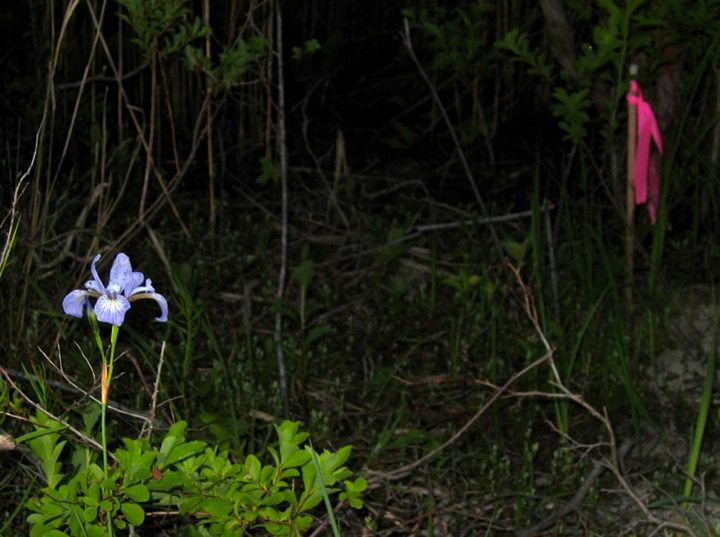Despair and Wisdom
Finding Courage to Face the World With Hope and Possibility
By John K. McIlwain“Knowledge by itself, without deep wisdom, ends up becoming despair.” —Ram Dass
We live in a time of unprecedented access to information and knowledge, both a blessing and curse. One of our major sources of information, the news media, is designed to trigger our evolutionary need to spot problems and feeds our survival anxieties with a daily flow of endless bad news; adding to this overload of information are the reports of scientists, policy makers, and politicians.
It’s unsurprising, then, that anyone who pays attention to the world, climate activists among them, often lives in a traumatized state of depression, despondency, and burn out. Too often, this state goes unrecognized and unacknowledged, for it’s not a topic most want to think about or share with friends. Unfortunately, despair can also lead to denial and turning away from the challenges of our times.
At Garrison, we see this underlying trauma among climate activists, people responding to extreme weather events, and those working in the international aid field; many others in all walks of life are also quietly experiencing despair for the world and what we are leaving for our grandchildren.
Where, then, do we find the wisdom to face the many crises of the world? How can we open our hearts and find the courage to live with what Joanna Macy calls “active hope?” In her book by that name, Active Hope, she calls for action based on what we deeply desire, not on what we think may or may not be possible.
Fortunately, there are practices that can connect us to the intuitive wisdom of our hearts, wherein our courage lies, such as those Macy describes in Active Hope. Macy will explore some of these practices at a retreat at the Garrison Institute this coming September. Loving kindness practice, so beautifully described by Sharon Salzberg on the Garrison Blog, is another powerful tool. There are many other contemplative practices as well coming from a variety of traditions.
It takes time, patience, and quiet, however, to open to our inner, intuitive wisdom and cultivate such practices. It’s a path, as Ram Das says, “from intellect to intuition, from knowing we know about something, to an intuitive sense of our interconnectedness with everything.” This requires the silence of meditation, prayer, and of quiet contemplation.
The path, however, is challenging as we face our feelings of sadness and despair. For this reason, the support of community and sangha, of our families and friends, is vitally important in rediscovering our sense of possibility and active hope.
We need to become the Shambhala Warriors of the ancient Tibetan myth; spiritual warriors who, according to Macy in Active Hope, quoting her teacher Dugu Choegyal Rinpoche, are trained in “compassion … [and] insight into the radical interdependence of all phenomena,” of all creation and all creatures. The myth says they are called forth in times of great crisis such as now.
Shambhala Warriors, says Choegyal Rinpoche, are not “afraid of the suffering of [our] world, and when you’re not afraid of the world’s pain, then nothing can stop you.” They know, he says, that “even our smallest acts have repercussions that ripple through the whole web [of life], beyond our capacity to see.”
It is this wisdom of radical interconnectivity, combined with heart-felt compassion, that has the ability to free us from the despair of knowing so much, and keep us at the front lines, in action, seeing or at least sensing the possibilities for positive change that are always present.
John McIlwain is the former director of the Garrison Institute’s Climate, Mind and Behavior program.
Photo courtesy of Lillian Ball
